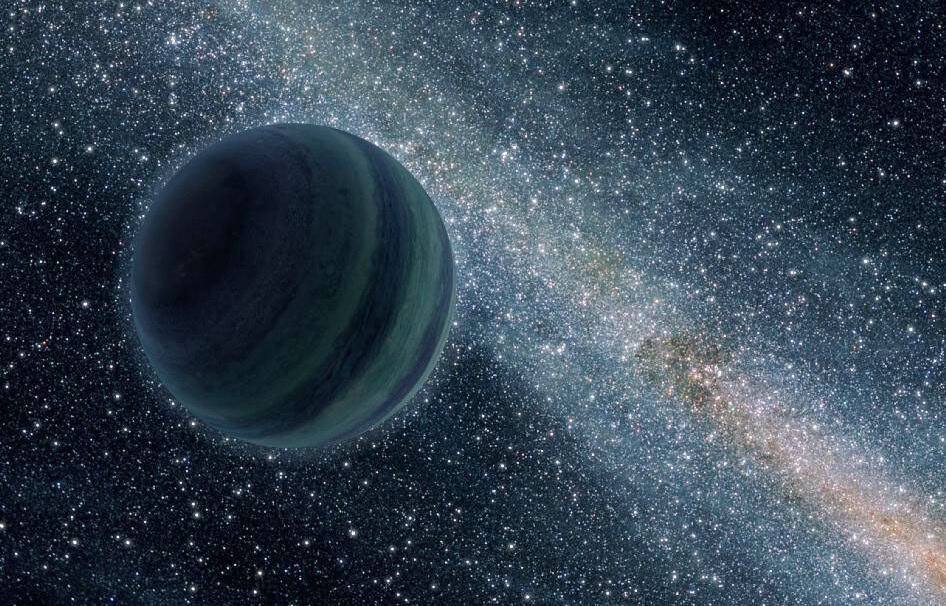
Applying to KAUST - Your Complete Guide for Masters & Ph.D. Programs (Upcoming Admissions)
Admissions Overview & Key Requirements

Dark matter, the mysterious invisible substance that makes up about 85% of all matter in the universe, has long puzzled scientists. While we cannot see it directly, its gravitational influence shapes galaxies, stars, and planets. Now, researchers from the University of California, Riverside, propose that giant planets, like Jupiter, could capture dark matter particles with their strong gravity. Once inside the planet, these particles would slowly sink toward the planet’s core, gradually building up over millions or billions of years.
If the dark matter particles are superheavy and stable, they could accumulate in such high densities that they collapse into a tiny black hole at the planet’s center. Over time, this black hole could grow by consuming the surrounding planet, eventually turning the entire planet into a black hole with the same mass it had as a planet.
“This is possible only under the superheavy, non-annihilating dark matter model,” said Mehrdad Phoroutan-Mehr, the lead author of the study. “If enough dark matter particles gather in the planet’s core, they may collapse into a black hole. That black hole could then slowly consume the planet from the inside out.”
Currently, astronomers know three types of black holes:
Planet-sized black holes do not yet have observational evidence, and if they exist, it would be the first confirmation that dark matter can collapse into black holes inside planets.
The researchers also highlight that exoplanets could serve as natural laboratories for detecting superheavy dark matter. Regions of the Milky Way thought to be rich in dark matter, such as the galactic center, may host exoplanets where this process occurs.
Share

Applying to KAUST - Your Complete Guide for Masters & Ph.D. Programs (Upcoming Admissions)
Admissions Overview & Key Requirements

Erasmus Mundus Joint Master's 2026 (Upcoming Admissions)
Erasmus Mundus programs are scholarships available to students worldwide, offering fully-funded Master’s degrees to study in Europe!

Registration Opens for SAF 2025: International STEAM Azerbaijan Festival Welcomes Global Youth
The International STEAM Azerbaijan Festival (SAF) has officially opened registration for its 2025 edition!

KAIST International Graduate Admissions Spring 2026 in Korea (Fully Funded)
Applications are open for KAIST International Admissions for Master’s, Master’s-PhD Integrated, Ph.D., and Finance MBA

Young Leaders Union Conference 2025 in Paris (Fully Funded)
Join Global Changemakers in Paris! Fully Funded International Conference for Students, Professionals, and Social Leaders from All Nationalities and Fields

An mRNA cancer vaccine may offer long-term protection
A small clinical trial suggests the treatment could help keep pancreatic cancer from returning